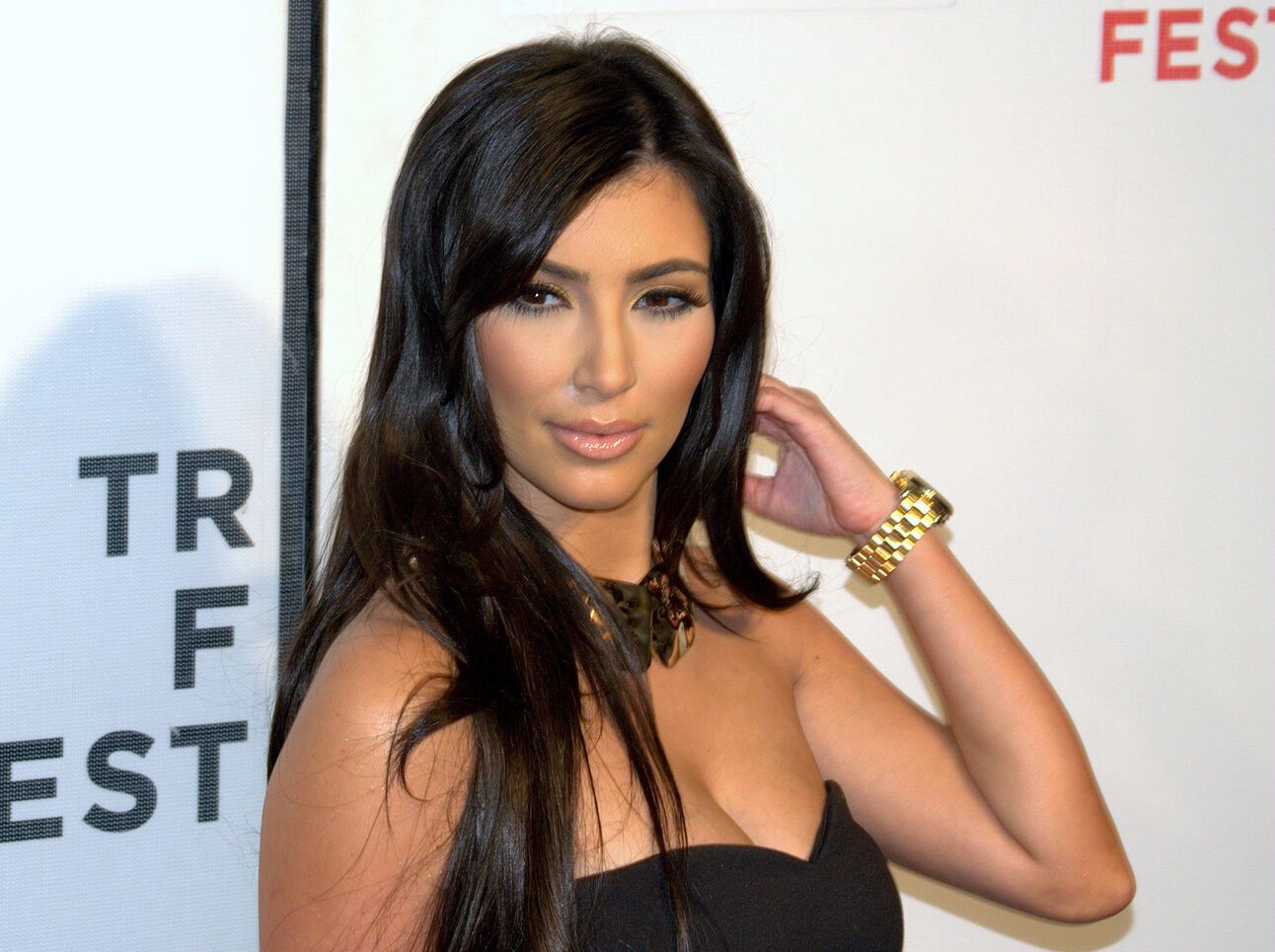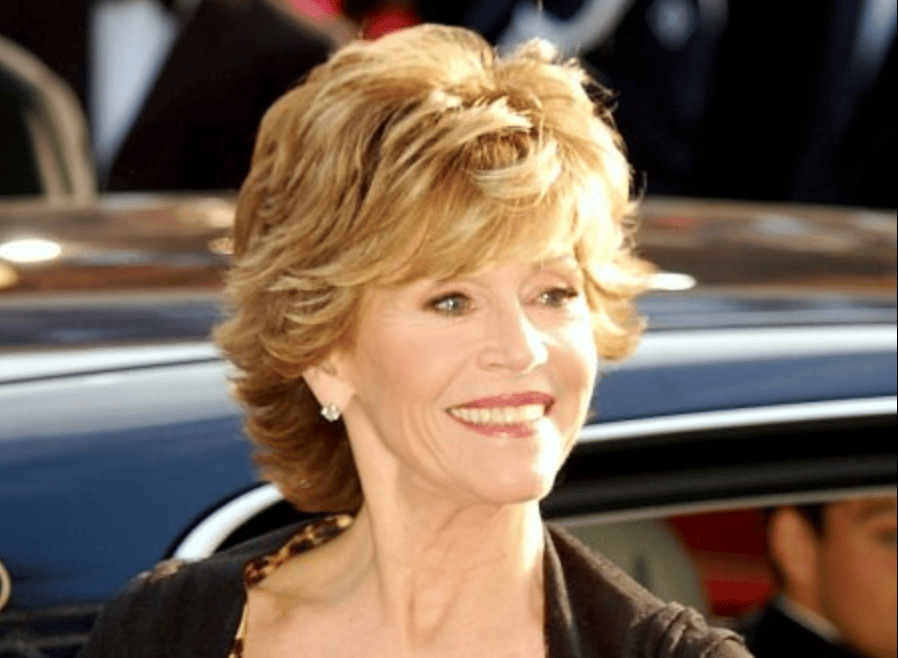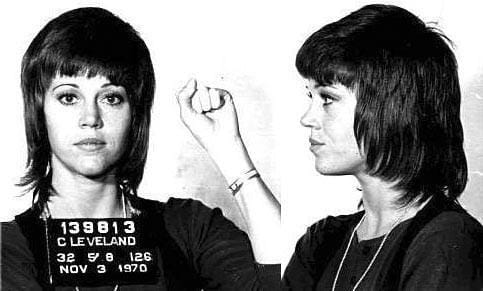Jane Fonda, the iconic star of stage and screen, boasts a resume that includes two Academy Awards, two BAFTA awards, seven Golden Globes and an Emmy. She is the recipient of many lifetime achievement awards for her onscreen work, not to mention Tony and Grammy Award nominations. She’s also the daughter of legendary actor Henry Fonda, a former sex symbol and best-selling fitness instructor.
Oh yeah, and she’s also public enemy number one among Vietnam War veterans.

Even if Ho Chi Minh was still alive, I’m pretty sure they would hate Jane Fonda more.
Fonda, now in her late 80s, doesn’t really do screen work that appeals to the younger crowd and she took a break from acting during the 1990s, so there are some who may not be familiar with her work. She might be best known for her work on the Netflix series “Grace & Frankie,” but she also co-starred with Dolly Parton in the 1980 flick “9 to 5” and played the campy but iconic Barbarella in the 1968 sci-fi classic “Barbarella.”
Unfortunately for Fonda, the Academy Award she won for 1971’s “Klute” was overshadowed by images of her sitting on a North Vietnamese anti-aircraft gun during a visit to Hanoi in 1972.
In the 1970s, Fonda became a vocal critic of the war in Vietnam, marching at college campuses and speaking at universities. She organized rallies and held fundraisers for Vietnam Veterans Against the War and held a touring variety act to compete with Bob Hope’s USO tours. All of this was common for anti-war protesters, but it was when she visited the capital of North Vietnam – the ostensible enemy of the United States – that forever branded her “Hanoi Jane.”
According to Fonda, she flew to Vietnam because she believed the nightly news was all too focused on the American side of the war. She visited villages and hospitals that had been damaged by U.S. bombing campaigns. She also made appearances on Radio Hanoi, denouncing the war and the methods used by the U.S. military to fight it. On her last day in the city, she was photographed on an anti-aircraft gun, wearing a North Vietnamese Army helmet.

“I’ve made a huge mistake.”
The photo seen round the world understandably outraged many Americans, especially those who had lost sons or husbands during the war. To make matters worse, she had visited the prisoners of war being held in the infamous “Hanoi Hilton” prison and upon coming home to the United States, denied that any of them had been tortured or mistreated (spoiler alert: they were absolutely tortured and mistreated).
It might be hard to imagine the kind of shock this caused Americans back home. For context, just think about Kim Kardashian visiting ISIS in Syria and not only describing the Islamic State as a group of patriotic but pious people, but denying they were oppressive while holding the sword they used to behead people. It’s kinda like that.

Please note: Kim Kardashian has never visited ISIS. (Photo by David Shankbone)
For anyone who thinks things like this “just blow over” given enough time, Jane Fonda has been apologizing for the photograph for decades. In 1988, she told Barbara Walters, “It was the most horrible thing I could possibly have done. It was just thoughtless.” She later told “60 Minutes” she knew the act was a “betrayal.” In her autobiography released in 2005, she wrote “I will go to my grave regretting the photograph of me in an anti-aircraft gun.”
None of that stopped a veteran from spitting tobacco juice in her face at a book signing event, more than 30 years after the end of the Vietnam War. Some 20 years after the tobacco incident, groups like “Jane fonda - we spit on your grave” are started by people who not only didn’t fight in Vietnam, but who weren’t even born in 1972.

We are not advocating spitting tobacco juice in anyone’s face, but she didn’t press charges. (Photo by Georges Biard)
To be clear, Fonda’s regret is that the North Vietnamese coaxed her into sitting on that gun and that she allowed herself to be photographed as propaganda. She does not regret visiting North Vietnam.
"Our government was lying to us and men were dying because of it, and I felt I had to do anything that I could to expose the lies and help end the war," she told “60 Minutes.”

